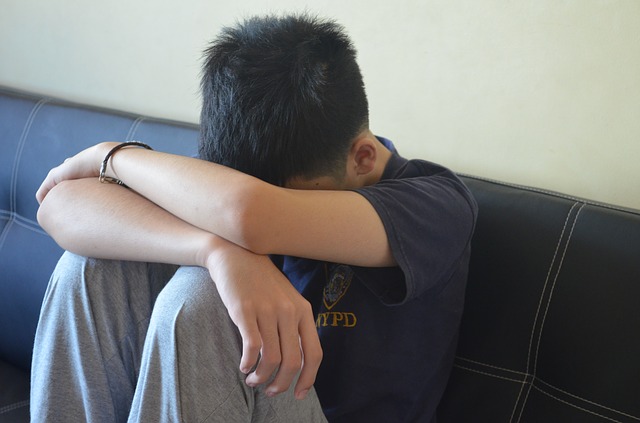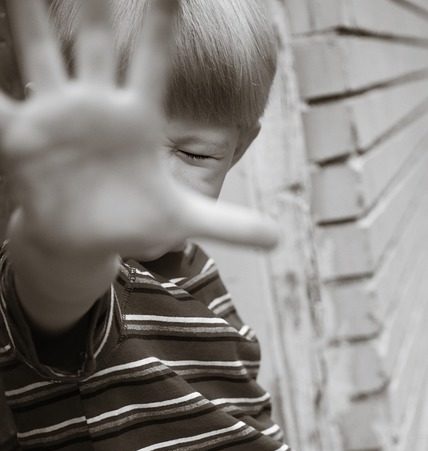What to Ask When Your Teen Wants to Use Social Media
 First, we know from our own social media that the experience isn’t always great. How are kids supposed to deal with insensitive posts, sketchy people, privacy problems, and even FOMO—when supposedly mature grown-ups can’t even be trusted to behave appropriately? Read more ›
First, we know from our own social media that the experience isn’t always great. How are kids supposed to deal with insensitive posts, sketchy people, privacy problems, and even FOMO—when supposedly mature grown-ups can’t even be trusted to behave appropriately? Read more ›


 Mary Rose O’Leary has shepherded three children into adulthood, and teaches art and music to middle-school students.
Mary Rose O’Leary has shepherded three children into adulthood, and teaches art and music to middle-school students.
 During the stressful teen years, most adolescents experience emotional highs and lows, but for more than
During the stressful teen years, most adolescents experience emotional highs and lows, but for more than 
 Navigating love and relationships can be difficult at any age, but especially so in the angsty teenage years. Budding romances can be fun and exhilarating but also confusing and uncomfortable. In these moments of confusion, teens often turn to friends or the internet for advice. But what if teens were trained with other options? What if lessons in love and romance were taught more explicitly in schools and at home?
Navigating love and relationships can be difficult at any age, but especially so in the angsty teenage years. Budding romances can be fun and exhilarating but also confusing and uncomfortable. In these moments of confusion, teens often turn to friends or the internet for advice. But what if teens were trained with other options? What if lessons in love and romance were taught more explicitly in schools and at home? 
 A study finds that teenagers report feeling all kinds of positive and negative emotions when describing the same social media experiences — posting selfies, Snapchatting, browsing videos — but the majority rate their overall experiences as positive.
A study finds that teenagers report feeling all kinds of positive and negative emotions when describing the same social media experiences — posting selfies, Snapchatting, browsing videos — but the majority rate their overall experiences as positive. 
 It’s natural for parents to do whatever they can to keep their children safe and healthy, but children need space to learn and grow on their own, without Mom or Dad hovering over them, according to new research published by the American Psychological Association. The study, published in the journal
It’s natural for parents to do whatever they can to keep their children safe and healthy, but children need space to learn and grow on their own, without Mom or Dad hovering over them, according to new research published by the American Psychological Association. The study, published in the journal  Imagine you are 15 and texting someone you like. Twenty minutes go by without a response. What thoughts come into your mind?
Imagine you are 15 and texting someone you like. Twenty minutes go by without a response. What thoughts come into your mind?

 The GenderCool Project
The GenderCool Project

